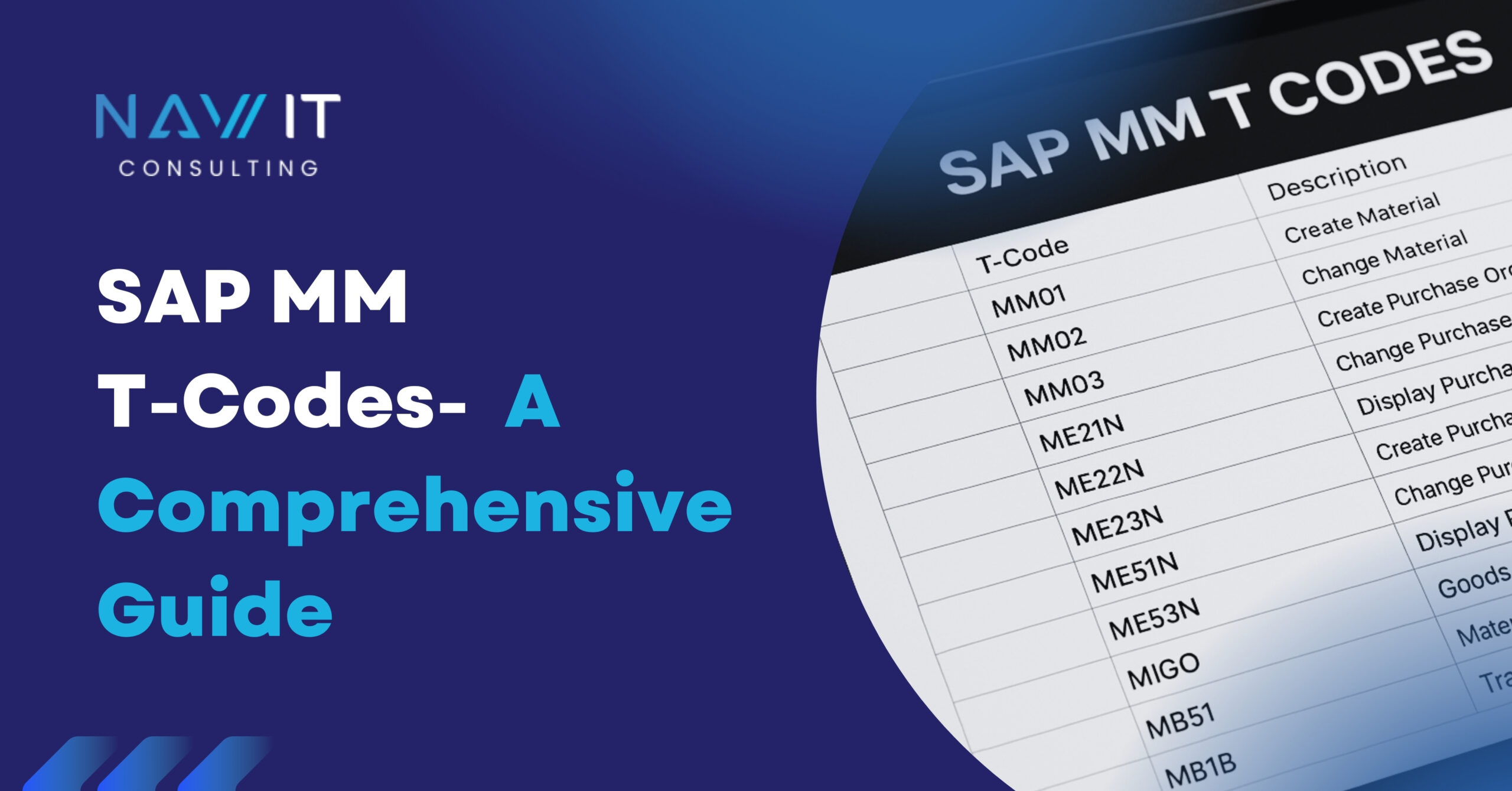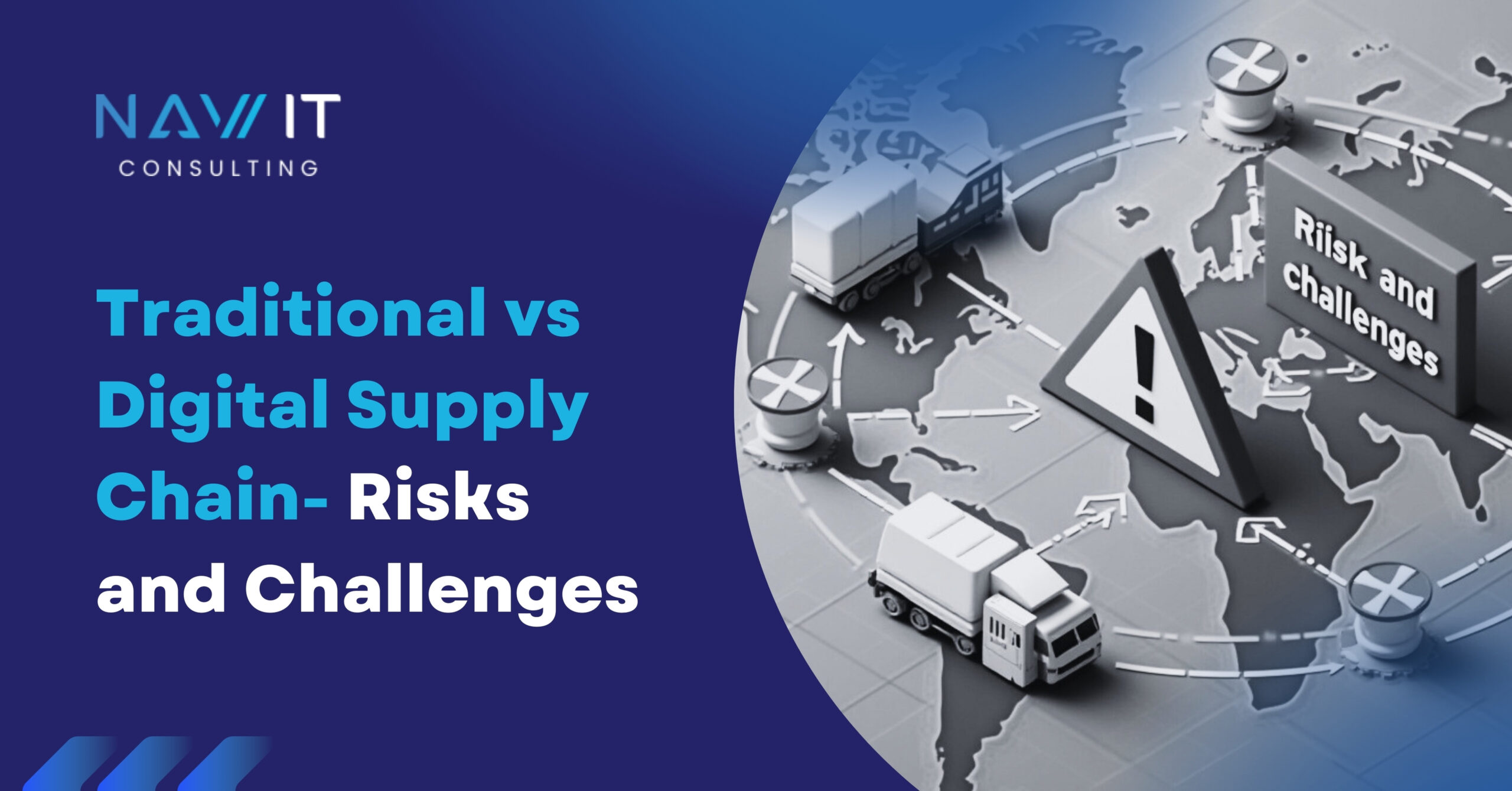Deforestation is a primary driver of environmental degradation, exacerbating climate change, diminishing biodiversity,and disrupting delicate ecological balances. In response to these challenges, the European Union (EU) has introduced the European Union Deforestation Regulation, a landmark legislation aimed at tackling deforestation and promoting sustainable trade practices. This regulation, which replaces the EU Timber Regulations (No. 995/2010), marks a new era in ensuring that commodities and products associated with deforestation and forest degradation are not made available on the European Union Single Market or exported from the Union.
This blog explores what the EUDR is, its objectives, implementation details, and what organizations need to do to comply with it. Understanding the EUDR is crucial for businesses and stakeholders involved in global supply chains as it sets new standards for environmental responsibility.
What is the EUDR?
The EU Deforestation Regulation (EUDR) is a legislative framework introduced by the European Union (EU) to prevent products linked to deforestation and forest degradation from entering the EU market. The regulation is part of the EU’s broader environmental strategy, which aims to promote sustainability and environmental stewardship across its member states and trading partners.
EUDR stands for the European Union Deforestation Regulation. This regulation sets out stringent requirements for companies to ensure that products they sell in the European Union (EU) are not associated with deforestation or forest degradation occurring after a specific cut-off date. Prior to the EUDR, the EU Timber Regulations served as the primary legislative framework aimed at preventing illegally harvested timber from entering the EU marketThe EUDR targets products that are linked to deforestation and forest degradation, including cocoa, coffee, palm oil, soy, rubber, and wood products.
Historically, the EU has been a major importer of products linked to deforestation, contributing to environmental degradation in producer countries. The EUDR was introduced to address this issue by establishing clear guidelines for traceability and due diligence, ensuring that only deforestation-free products can be sold in the EU market.
Objectives of the EU Deforestation Regulation (EUDR)
The EU Deforestation Regulation has been established with several overarching goals to address the pressing issue of deforestation and its associated environmental and social impacts.
1. Curbing Deforestation and Forest Degradation
The primary objective of the EU Deforestation Regulation is to prevent the sale of products linked to deforestation and forest degradation within the EU market. By imposing strict regulations on the import of commodities associated with forest loss, the EU aims to significantly reduce its contribution to global deforestation and encourage more sustainable land management practices worldwide.
2. Supporting Sustainable Supply Chains
The EU Deforestation Regulation mandates businesses operating within the EU supply chain to implement robust due diligence systems. By requiring companies to verify the origin of their products and ensure they do not contribute to deforestation, the regulation promotes responsible sourcing and transparent supply chains. This approach incentivizes businesses to adopt sustainable practices throughout their operations.
3. Protecting Biodiversity and Ecosystems
Deforestation poses a severe threat to biodiversity and ecosystem health. The EUDR seeks to safeguard wildlife habitats and maintain ecological balance by ensuring that products placed on the EU market originate from areas free from recent deforestation or forest degradation. By protecting forests, the regulation contributes to the preservation of essential ecosystem services.
4. Upholding the Rights of Indigenous Communities
Indigenous peoples are often heavily reliant on forests for their livelihoods and cultural heritage. The EU Deforestation Regulation recognizes the importance of protecting the rights and well-being of these communities by reducing deforestation. By supporting sustainable forest management practices, the regulation helps to ensure the long-term viability of indigenous cultures and economies.
5. Driving Global Change through Cooperation
The EU Deforestation Regulation serves as a catalyst for global cooperation in combating deforestation. By setting a high standard for deforestation-free products, the EU encourages other countries to adopt similar measures and promotes the development of international frameworks for sustainable forest management. This collaborative approach aims to achieve a more significant and lasting impact on forest conservation worldwide.
By pursuing these interconnected objectives, the EUDR seeks to create a more sustainable future for both people and the planet.
Implementation of the EU Deforestation Regulation
The EU Deforestation Regulation, adopted in December 2022 and effective from June 2023, is a landmark piece of legislation aimed at combating deforestation and forest degradation. Its implementation is a multi-faceted process involving various stakeholders.
1. Regulatory Framework and Timeline
The EUDR establishes a phased implementation approach. Large companies operating in the scope of the regulation must comply by December 2024, while smaller enterprises have until June 2025. This timeline allows businesses sufficient time to adapt their operations and supply chains. Key to the EU Deforestation Regulation’s success is the development of detailed guidelines, enforcement mechanisms, and a strong monitoring and reporting system.
2. Due Diligence Requirements
At the core of the EUDR is the obligation for companies to conduct comprehensive due diligence. This involves assessing the risk of deforestation and forest degradation associated with their supply chains. Companies must verify the origin of their commodities, implement traceability systems, and maintain detailed records to demonstrate compliance. The scope of the European Union Deforestation Regulation covers commodities such as soy, cattle, palm oil, cocoa, coffee, timber, and paper.
3. Enforcement and Compliance
To ensure the EU Deforestation Regulation’s effectiveness, the European Commission and national authorities are responsible for enforcement. This includes conducting audits, inspections, and imposing penalties for non-compliance. Companies must be prepared to provide evidence of their due diligence efforts upon request.
4. Support and Guidance
Recognizing the challenges faced by businesses, the EU is providing support and guidance through various channels. This includes developing practical tools, organizing training sessions, and offering access to expert advice. The goal is to facilitate compliance and minimize disruptions to supply chains.
5. International Cooperation
The EU Deforestation Regulation also emphasizes international cooperation. The EU is working closely with producer countries and international organizations to promote sustainable production and trade practices. This includes capacity building, knowledge sharing, and joint initiatives to address deforestation challenges globally.
The EU Deforestation Regulation represents a significant step forward in the global fight against deforestation. Its successful implementation depends on the collaboration of governments, businesses, and civil society. By fostering responsible and sustainable supply chains, the EUDR aims to protect forests, biodiversity, and the climate.
European Union Deforestation Regulation: A Blueprint for Sustainable Supply Chains
The EU Deforestation Regulation is a comprehensive set of rules designed to prevent the sale of products linked to deforestation and forest degradation within the EU market. This legislation imposes stringent requirements on businesses involved in the supply chains of covered commodities.
- Scope and Focus: The European Union Deforestation Regulation targets a wide range of products associated with deforestation, including agricultural commodities like palm oil, soy, cocoa, and coffee, as well as wood products. By focusing on these key commodities, the regulation aims to address some of the primary drivers of deforestation globally.
- Traceability and Due Diligence: At the heart of the European Union Deforestation Regulation is a secure traceability system. Businesses must meticulously track their products from source to shelf, ensuring that they can demonstrate that their supply chains are deforestation-free. This involves conducting thorough due diligence assessments to identify and mitigate risks of deforestation throughout the supply chain.
- Time-Bound Action: The regulation introduces a crucial cut-off date, after which any deforestation or forest degradation is considered non-compliant. This deadline underscores the urgency of addressing deforestation and provides a clear timeline for businesses to adapt their practices.
- Compliance Obligations: To meet EU Deforestation Regulation standards, companies must establish comprehensive due diligence systems. This includes gathering detailed information about suppliers, assessing their practices against deforestation criteria, and taking corrective actions when necessary. Moreover, businesses are required to maintain meticulous records of their due diligence efforts for potential audits and inspections.
- Transparency and Accountability: The EUDR emphasizes transparency by mandating regular reporting on compliance efforts. Companies must submit documentation to authorities, demonstrating their adherence to the regulation. This requirement promotes accountability and fosters a culture of responsible business practices.
By imposing these rigorous standards, the regulation seeks to drive positive change in global supply chains and protect our planet’s vital forests.
A Compliance Order for Organizations
To adhere to the stringent requirements of the EU Deforestation Regulation, organizations must implement strict compliance strategies. This involves a comprehensive approach involving risk assessment, traceability, supplier engagement, due diligence, recordkeeping, and continuous monitoring.
To ensure compliance with the EU Deforestation Regulation, organizations should take the following steps:
- Conduct a Risk Assessment: Assess the risk of deforestation associated with your supply chains. Identify products and regions where deforestation risks are high and develop strategies to address these risks.
- Implement Traceability Systems: Establish systems to track the origin of your products and ensure that they are not linked to deforestation. This may involve working with suppliers to gather information and verify the sustainability of their practices.
- Engage with Suppliers: Collaborate with suppliers to improve transparency and ensure compliance with the EUDR. This includes sharing information about due diligence requirements and working together to address deforestation risks.
- Develop Due Diligence Procedures: Create and implement procedures for conducting due diligence on your supply chains. This includes assessing deforestation risks, verifying the sustainability of products, and taking corrective actions if necessary.
- Maintain Records and Documentation: Keep detailed records of your due diligence efforts, including information about the origin of your products and actions taken to mitigate deforestation risks. Be prepared to provide this documentation to authorities if requested.
- Stay Informed and Updated: Stay informed about the latest developments and updates related to the EUDR. This includes monitoring regulatory changes, participating in industry forums, and engaging with stakeholders to stay abreast of best practices.
- Seek Support and Guidance: Utilize available resources and support from industry associations, regulatory bodies, and environmental organizations. This can provide valuable insights and assistance in meeting the requirements of the EUDR.
Conclusion
As the EUDR comes into force, replacing the EU Timber Regulations, it is poised to be a major step towards stopping deforestation. Companies selling products linked to forests in the EU must now prove they are not harming forests. This means understanding the rules, checking where products come from, and working with suppliers. While challenging, complying with the European Union Deforestation Regulation can help businesses be more sustainable and protect our planet.
FAQs About EU Deforestation Regulation (EUDR)
1. What is the EU Deforestation Regulation (EUDR)?
The EU Deforestation Regulation (EUDR) is a legislative framework introduced by the European Union to prevent products linked to deforestation and forest degradation from entering the EU market. It replaces the EU Timber Regulations and focuses on ensuring that commodities associated with deforestation are not sold within the EU.
2. Which products are covered under the EUDR?
The EUDR covers a range of commodities known to be associated with deforestation and forest degradation. These include agricultural products like cocoa, coffee, palm oil, soy, rubber, and wood products. Companies dealing with these items must ensure their supply chains are free from deforestation.
3. What are the key compliance requirements under the EUDR?
Companies must conduct comprehensive due diligence, including risk assessments and traceability checks, to ensure their products are not linked to deforestation. They must also maintain detailed records and be prepared for audits by authorities to demonstrate compliance with the regulation.
4. How does the EUDR impact businesses outside the EU?
Even businesses outside the EU are affected if they export products to the EU market. They must comply with the EUDR by ensuring their products are deforestation-free, which may require changes in sourcing practices and supply chain management to meet EU standards.
5. What are the penalties for non-compliance with the EUDR?
Non-compliance with the EUDR can result in significant penalties, including fines, product seizures, and restrictions on market access. Companies found to be in violation may face legal actions and damage to their reputation, making compliance essential for continued business operations in the EU.









